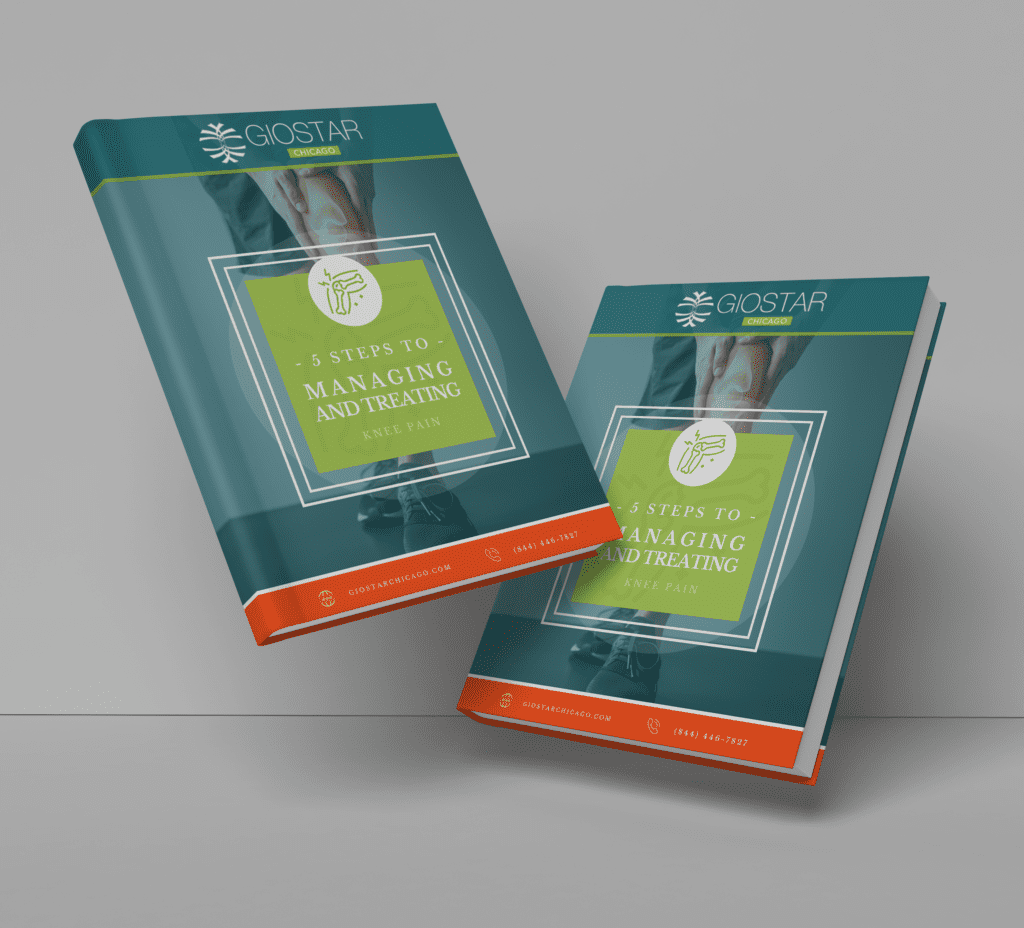Are you or someone you know grappling with the challenges of a full thickness cartilage defect in the knee? If so, you’re likely familiar with the pain, limited mobility, and frustration that often accompany this condition. In this blog post, we will explore what a full thickness cartilage defect of the knee is, traditional treatment options, the drawbacks of surgery, and the groundbreaking alternative that is stem cell therapy. Discover how GIOSTAR Chicago, a leading stem cell therapy clinic, is changing the game in knee care and why you should consider them for your journey to recovery.
Full Thickness Cartilage Defects at a Glance
A full thickness cartilage defect occurs when the protective cartilage covering the knee joint wears away, exposing the underlying bone. This can result from various factors such as injury, trauma, or degenerative conditions like osteoarthritis. As the cartilage diminishes, the bones may rub against each other, leading to pain, inflammation, and a decline in joint function.
Common Symptoms
Persistent knee pain, particularly during movement or weight-bearing activities.
Swelling and inflammation around the knee joint.
Stiffness and reduced range of motion.
Clicking or popping sensations within the knee.
Difficulty bearing weight on the affected leg.
Traditional Treatment Options for Full-Thickness Cartilage Loss of the Knee
Conventional treatments for full thickness cartilage defects often involve surgical interventions, such as microfracture surgery, mosaicplasty, or autologous chondrocyte implantation (ACI). While these procedures aim to alleviate symptoms and restore joint function, they come with certain drawbacks:
Limited Success:
Surgical procedures may not always provide long-term relief, and the repaired cartilage may not fully mimic the original tissue’s functionality.
Extended Recovery Time:
Recovery from knee surgery can be lengthy, requiring patients to endure weeks or even months of rehabilitation and limited physical activity.
Risk of Complications:
Surgical procedures carry inherent risks, including infection, blood clots, and anesthesia-related complications.

Sign Up And Enjoy the Free Ebook, '5 Steps To Managing and Treating Your Knee Pain Today!
When patients visit our clinic, our doctors recommend they do all of these things to alleviate their symptoms. Right now, you can download the ebook for free to learn more about how to start changing your habits and improve your condition. It costs nothing, and you’ll get it delivered to your inbox immediately.
Unseen Challenges of Knee Surgery at an Advanced Age
Navigating knee surgery in advanced age extends beyond the operating room, bringing forth less-obvious implications that profoundly impact individuals. Recovering from procedures like those addressing full thickness cartilage defects demands around-the-clock care, potentially straining both the patient and their support system. Extensive postoperative care, encompassing daily activities and necessitating constant assistance, underscores the importance of preparing for the physical and emotional toll on both the patient and their caregivers.
Moreover, the surgery’s aftermath often requires an extended leave from work, impacting income and potentially affecting job security, particularly in physically demanding professions. The financial strain and career implications add an additional layer of complexity to an already challenging situation. Additionally, the temporary loss of independence due to driving restrictions can lead to heightened dependence on others, impacting routine activities and social engagements.
Furthermore, the mental and emotional strain on older individuals during the prolonged recovery period should not be underestimated. Knee surgery, compounded by existing age-related concerns, may contribute to feelings of frustration, anxiety, and depression. The potential for complications, heightened in advanced age, further complicates the recovery journey, necessitating careful monitoring and management.
It’s crucial for individuals and their support systems to consider these less-obvious implications, fostering open discussions with healthcare professionals to assess the potential risks and benefits based on individual circumstances. Understanding the broader impact beyond the surgical procedure enables better preparation, facilitating a smoother journey to recovery for those undergoing knee surgery in advanced age.

GIOSTAR Chicago’s Innovative Approach: Stem Cell Therapy for Knee Cartilage Regrowth
While considering the implications of undergoing invasive knee surgery to repair chondral defects of the knee, you should also consider regenerative options. Enter stem cell therapy – a cutting-edge, non-surgical alternative that harnesses the regenerative potential of your body’s own cells. GIOSTAR Chicago specializes in utilizing mesenchymal stem cells (MSCs) derived from the patient’s own bone marrow or adipose tissue. These cells have the remarkable ability to differentiate into various cell types, including cartilage cells, promoting natural healing and tissue regeneration.
Advantages of Stem Cell Therapy at GIOSTAR Chicago:
- Minimally Invasive: Stem cell therapy is a minimally invasive procedure, reducing the risk of complications associated with traditional surgery.
- Natural Healing: MSCs stimulate the body’s natural healing processes, promoting the regeneration of damaged cartilage.
- Shorter Recovery Time: Patients typically experience a quicker recovery compared to traditional surgical interventions, allowing for faster return to daily activities.
- Personalized Treatment: GIOSTAR Chicago tailors each treatment plan to the individual patient, ensuring a personalized and effective approach.
Why Choose GIOSTAR Chicago?
GIOSTAR Chicago stands out as a pioneer in the field of stem cell therapy, combining advanced technology with a team of experienced and compassionate medical professionals. Here’s why you should consider GIOSTAR Chicago for your stem cell therapy:
Expertise:
GIOSTAR Chicago’s medical team comprises experts in regenerative medicine, dedicated to providing top-notch care.
State-of-the-Art Facilities:
The clinic is equipped with state-of-the-art facilities and cutting-edge technology to ensure the highest quality of care.
Patient-Centric Approach:
GIOSTAR Chicago prioritizes the well-being of its patients, offering a personalized and patient-centric approach to treatment.
Take the First Step towards Recovery:
If you or a loved one is dealing with the challenges of a full thickness cartilage defect in the knee, GIOSTAR Chicago is here to offer a transformative solution. Take the first step towards regaining your mobility and quality of life by scheduling a free consultation. Call us today or fill out the contact form on our website, and let us guide you on your journey to a pain-free future with stem cell therapy. Your knees will thank you!
About GIOSTAR Chicago:
GIOSTAR Chicago is dedicated to developing the most advanced stem cell-based technologies and providing the best regenerative medicine for people who want to enjoy a healthy and active lifestyle.


